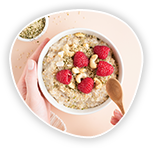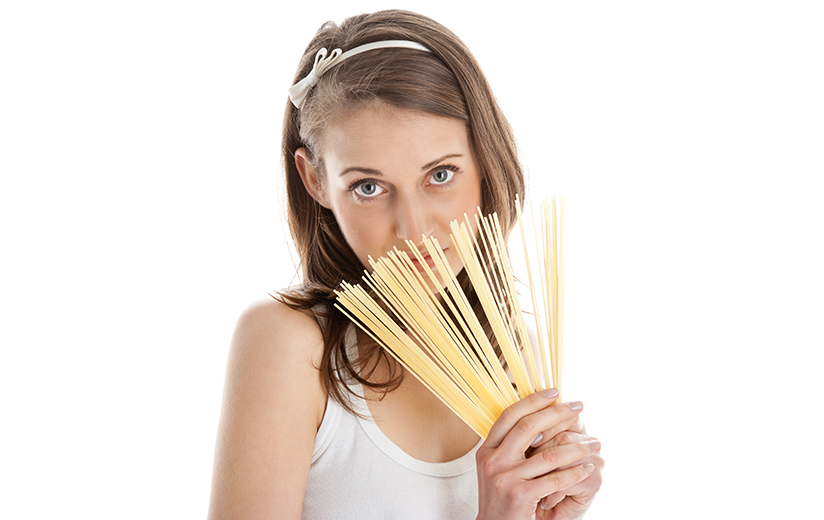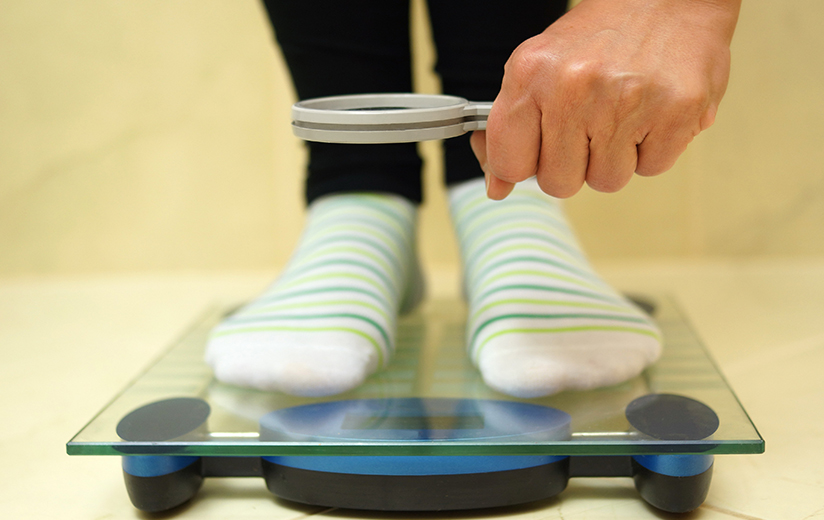Nutrition myths
Nutrition myths
Maria Skoura
During puberty, exposure in social media, particularly the internet, is common, especially when it comes to information about nutrition. There is a lot of information on this subject, coming from television, magazines and newspapers, as well as the internet. Unfortunately, most of the times the information about nutrition is false, since on internet everyone can express his opinion without being an expert. Therefore, food myths are easily created, making it even harder for experts to debunk them. There are so many widespread urban legends about food that pass on from generation to generation that years may go by until they are proven misleading and are debunked. The solution to this problem is addressing an expert that has genuine knowledge and trusting studies of scientific prestige and value. Let’s check some confusing nutrition urban legends:
“The bread makes you fat”
Myth. The bread is an essential part of the Mediterranean Diet and, along with other starchy food such as pasta, rice, cereals etc., is consumed daily. We should be careful, not to over consume it with meals. Bread, particularly whole grain, which has the same calories with white, provides us with vitamins B, as well as vegetable fibres, that are essential for the optimal function of our body.
“Those with high cholesterol levels should not eat eggs”
Myth. Eggs are an exceptional source of protein of high biological value and vitamins B12, B2, D, but also cholesterol. When consumed wisely, there is no reason to exclude them from your diet. Healthy adolescents with normal cholesterol levels can consume up to 4 per week. If for some reason you have high cholesterol levels, 2 per week are enough.
“Brown sugar has less calories than white”
Myth. Brown sugar has the same calories with white. What makes it superior is the fact that it contains certain essential nutrients, such as calcium, magnesium, potassium and sodium.
“Vegetable oils have less calories than olive oil”
Myth. Olive oil has precisely the same calories with vegetable oils as well as other fats (e.g. butter). The difference between olive oil and other oils is all about its nutritious value, since it is rich in vitamin E and many other antioxidant substances.
“Light products don’t have any calories and are the solution to the problem of obesity”
Myth. Low fat products, don’t resolve the problem of obesity. They can be used to replace other food with high fat levels and therefore help weight loss. The healthiest way to lose weight is to limit your daily caloric intake and adopt a healthy physical activity.
Remember there is no such thing as “good” or “bad” food that make us “fat” nor food that make us “thin”. There are good and bad nutritious habits. The ideal diet is based on the Mediterranean Diet Pyramid and includes various nutrients.
Maria SkouraNutritionist, Scientific Associate of the Greek Society of Adolescent Medicine















